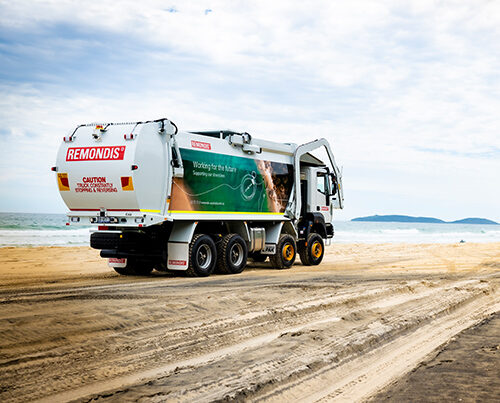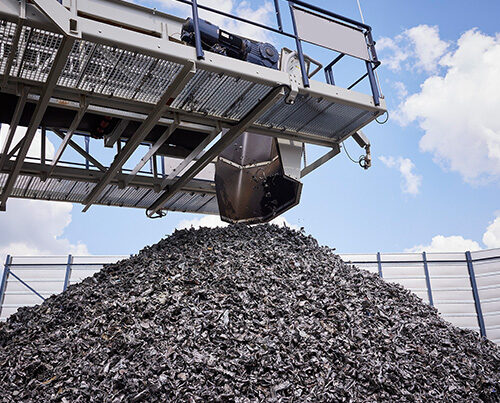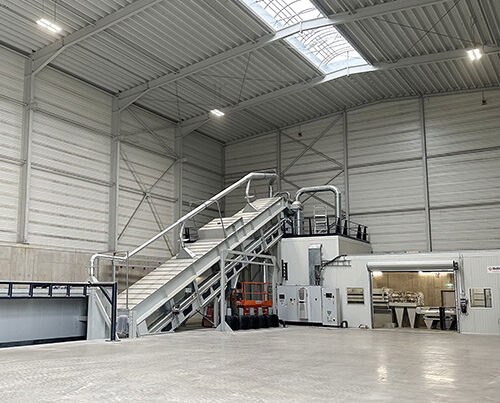Too many scrap cars are being sent abroad
Every year, several million cars are taken off the roads in Germany because they have reached the end of their useful life. Just one in four of these vehicles, however, remain in the country so that they can be professionally recycled. This is just one of the conclusions reached by the Prognos Institute which recently carried out a study looking into the recycling of end of life vehicles (ELVs) on behalf of Scholz Recycling and TSR Recycling.
More than 4m tonnes of raw materials are being lost
According to this study, only 1.1 million tonnes of the approx. 5.2 million tonnes of raw materials found in ELVs in Germany will be recovered in 2030. The German economy is losing out by around 2.4 billion euros every year as a result of the way scrap cars are currently being recycled. The reason is simple: the German economy is currently unable to access these valuable raw materials as they are not being recovered and have to buy new and more expensive materials from elsewhere.
“The figures published in this study are really alarming and make it very clear indeed just how badly Germany needs an ELV recycling solution that provides more guidance and control,” explained Bernd Fleschenberg, managing director of TSR Recycling GmbH & Co. KG. “Which is why different groups – in particular, politicians and the automobile industry – need to help come up with a sustainable solution,” he continued. The two companies, TSR and Scholz, have put forward their own proposal: to establish a central ELV recycling office. Its task would be to collect documents and proof from the industrial businesses to ensure scrap cars are being recycled correctly. This office could be financed via a levy charged for each new car sold in the future. Both recyclers could also well imagine there being a kind of deposit return system.
Just 1 in 4 scrap cars are actually recycled in Germany – which means the German economy is losing out by more than 2.4 billion euros every year.
“The figures published in this study are really alarming and make it very clear indeed just how badly Germany needs an ELV recycling solution that provides more guidance and control.”
Bernd Fleschenberg, Managing Director of TSR Recycling GmbH & Co. KG
More and more plastic & composite materials are being used
This study also highlights another problem. The combination and composition of the materials used to make cars will have changed significantly by 2030. While steel made up more than 70% of each car scrapped in 2000, this figure will have dropped to around just 55% by 2030. The share of the more than 50 different types of plastics and composite materials will have doubled from the current 15% to approx. 30%.
If a genuine circular economy is to be achieved, therefore, intensive discussions need to be held with the automobile industry. Effective recycling solutions can only be offered if the recycling firms know exactly how and what materials are used in the vehicles. “The goal must be to involve the recycling sector right from the start, i.e. in the actual development phase so that thought is put into how the individual raw materials can be recovered. This is the only way to create a truly sustainable circular economy,” Bernd Fleschenberg concluded. What’s more, this would not only reduce carbon emissions – as producing recycled materials consumes less energy than using primary raw materials – it would also reduce the industry’s dependency on imports and help conserve our planet’s natural resources.
A complete version of the study on ELV recycling can be found here download PDF (german)
Image credits: © TSR












